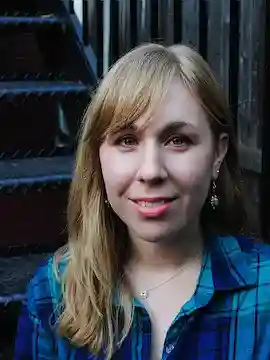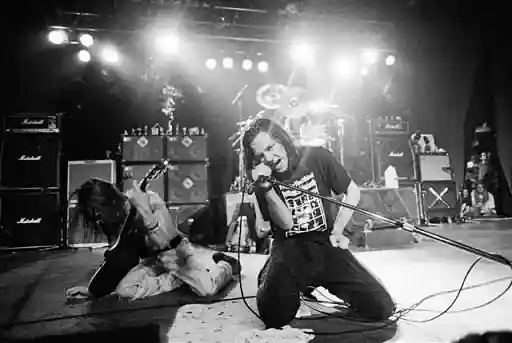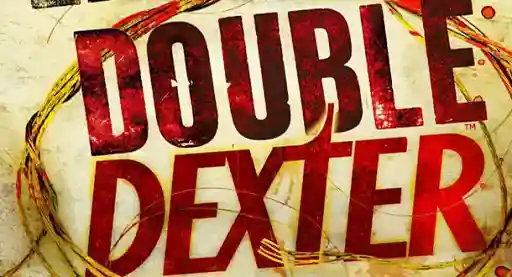Bookshots: Pumping new life into the corpse of the book review
Title:
The Only Ones
Who wrote it?
A highly regarded music critic named Carola Dibbell, whose fiction has appeared in The New Yorker and The Paris Review. This is her debut novel.
Plot in a Box:
Inez is a “hardy” with complete immunity in a post-pandemic world. To get by, she sells her genetic material to a cloning experiment that is funded by a wealthy, grieving mother who wants to adopt a child with resistance to the diseases that killed her four daughters. When the client backs out at the last minute, Inez is left to care for the baby girl.
Invent a new title for this book:
How Is She More Special Than You?
Read this if you liked:
Margaret Atwood’s MaddAddam Trilogy, and the flood of recent post-apocalyptic literary novels (Find Me by Laura van den Berg or Station Eleven by Emily St. John Mandel). This is another voice to pay attention to.
Meet the book’s lead:
Inez Kissena Fardo, a tough-minded, deadpan Queens native who is forced to take on motherhood after the world has ended.
Said lead would be portrayed in a movie by:
Jennifer Lawrence (if she could channel her role from The Hunger Games with her American Hustle accent).
Setting: would you want to live there?
I love New York, but it’s the last place I’d want to be in a post-pandemic world.
What was your favorite sentence?
If they find us separate we could be regular. She could be regular, I could be regular. Together, who knows? We could be what we are.
The Verdict:
Most parents don’t just want what is good for their kids; they crave something better. They pray for better traits—anything but the string of anxiety disorders that run in the family, or Uncle Jimmy’s crooked nose. In Inez Fardo’s case, however, she has to accept that her daughter, Ani, will be genetically the same: she will have her mother’s eyes, her nose. She will grow up to look just like her. Therefore, what matters most to Inez is environment—hoping that better actions, influences and opportunities will build a better life for her child.
Of course, this is nearly impossible in a post-pandemic society. Inez’s story is one of endurance, and you can bet Dibbell makes sure the reader feels it through every ID checkpoint, quarantine and blast of anti-Patho spray. Inez and Ani are survivors—not just as genetically resilient “hardys,” but as survivors through luck. Like her mother, who was the sole survivor of a fatal bus wreck as an infant, Ani is the only genetic experiment of four who survives. “Still alive,” Inez says each time she realizes her daughter’s age. As fate will have it, Ani’s experiences, her impulses, start to reflect another version of her mother.
This debut novel is a no-brainer for readers who are fans of post-apocalyptic novels. Inez’ voice is true to Queens, so much so, that even grammar sticklers might cringe through Inez’s various could ofs with a hint of endearment. The most eerie aspect of Dibbell’s science fiction is its closeness to reality—the trials of school bureaucracy, of donating eggs for cash, and the simultaneous joy and anxiety of being a parent. The story stands just outside of our world—a terrifying reflection of what the future could hold.

About the author
Freddie Moore's writing has appeared in Electric Literature, The Paris Review Daily and The Huffington Post. She volunteers at 826NYC and can be found on Twitter at @moorefreddie.








